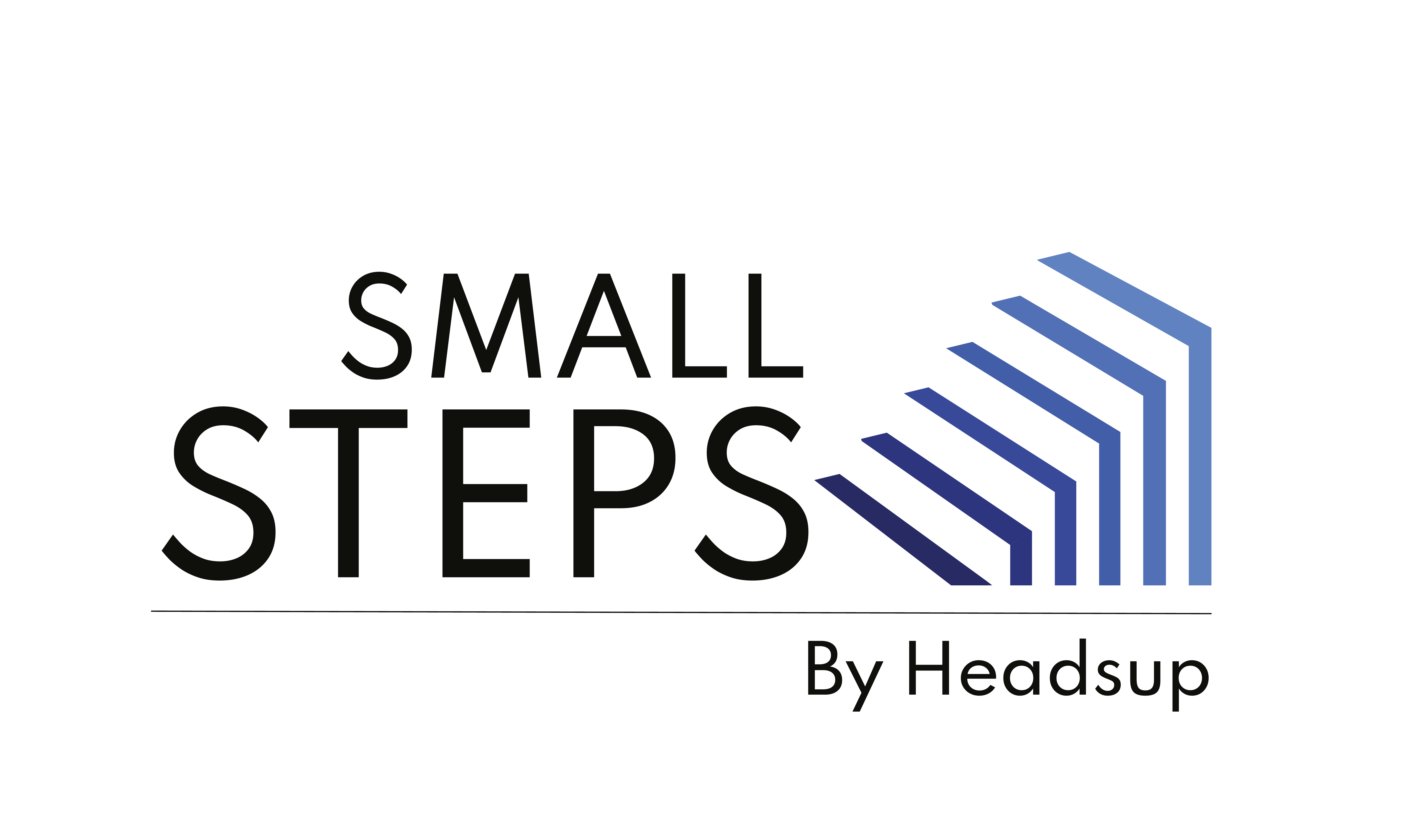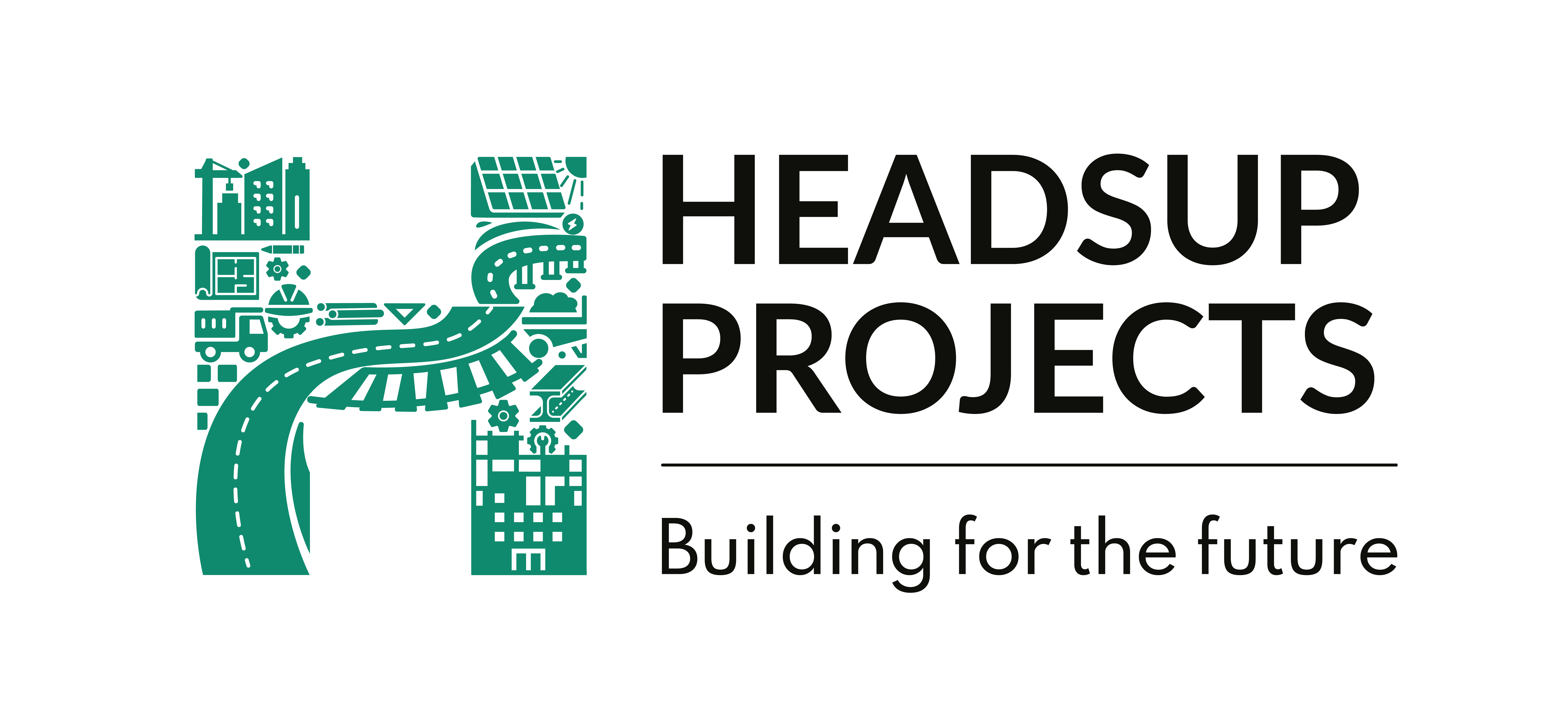It is no news that feedback is one of the most vital components of effective learning. An exit interview is what happens when an employee who is leaving meets with their employer for an interview structured to obtain constructive feedback and honest criticism about the said workplace. It is not easy to come to terms with the fact that an employee of yours wishes to leave you. Recruiters and employers are constantly trying to come up with ways to learn what attracts employees and what drives them away. This is where exit interviews prove to be a helpful tool. It is not only beneficial for the recruiter which gets honest feedback, but also for the leaving employee who gets a chance to be completely frank about what he liked or disliked about their working environment. From the perspective of the recruiter, a well-conducted exit interview can help in getting insights into job-seeker behavior, trends of the job market, and possible criticism about one’s organization.
Using these insights, an organization can choose to make necessary changes to get better and cultivate a better brand as a wholesome employer as compared to other organizations around. Such an interview has the potential of making an organization a better place for the employees that are left behind.

So the most important question that arises is that how can recruiters arrange effective exit interviews? It is necessary to understand that there is no straight-jacketed formula for this, as different organizations have different kinds of needs. Still, there are some principles that can be followed to ensure that a comprehensive exit interview is made possible.
The first thing to know in this regard is that typically, HR personnel are the ones who conduct an exit interview on the recruiter’s behalf. Sometimes, organizations might also opt for a third-party professional for this purpose. The end goal is to make sure that such interviews proceed without any hint of bias or agenda on the part of the interviewer. Involving a manager or an executive in this process is never a good idea because then the interviewee might not feel completely comfortable in sharing his thoughts. If at all possible, try and see if an exit interview can be conducted in a place that the interviewee suggests so that they feel more comfortable in the setting.
Another important thing to note is that an exit interview should not be conducted as soon as resignation is announced, nor should it be postponed to the last working day of the employee in question. Ideally, the most productive time for such an interview would be somewhere in the middle of the time of announcement of resignation and the last day of work. This ensures that the interviewee is not amidst a strong wave of emotions and is in a place where they are still involved peacefully in their role at the organization. While asking questions, the interviewer should try not to be suppressive, persuasive, or judgmental, as that might lead to the interviewee not feeling comfortable and they might end up not giving an honest opinion. Such interviews can be in a conversational manner, in the form of a survey/questionnaire, or a mix of both, whichever the organization deems fit for its purposes.
The questions should be designed to gain responses regarding the avenues on which the employer wants to get insights. Interviewers should make sure that the proceeds of such information are made confidential, and such mechanisms of confidentiality should be informed to the interviewee beforehand.
The interviewee should feel that they are being actively listened to and that their honest opinion matters in the process. Detailed notes should be taken throughout the process so that maximum value can be gained from the contents of the interview. Lastly, the interviewer should wish luck to the leaving employee and establish that no sour feelings remain between them and the organization owing to the resignation.
This will give a positive impression and the concerned employee will be more likely to recommend the organization to their peers in the job market. All of these steps of the interview, along with a patient analysis of the contents therein, shall help recruiters conduct the most effective exit interviews to the benefit of their organization!







